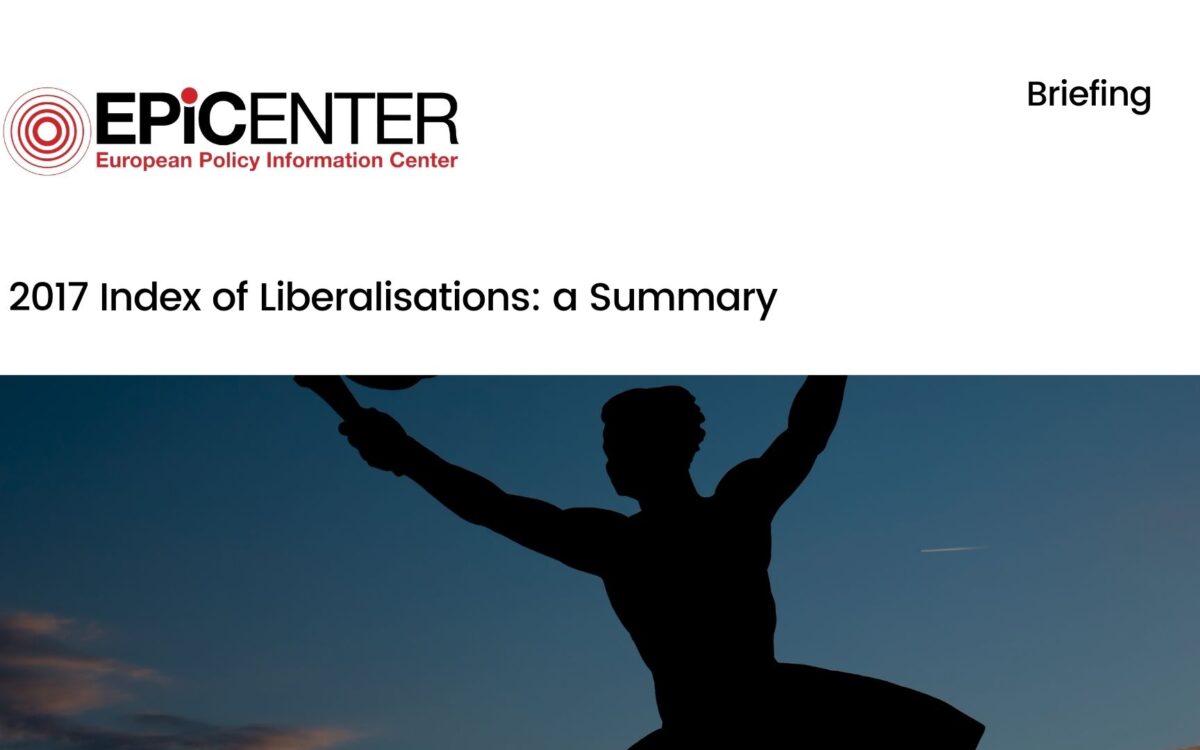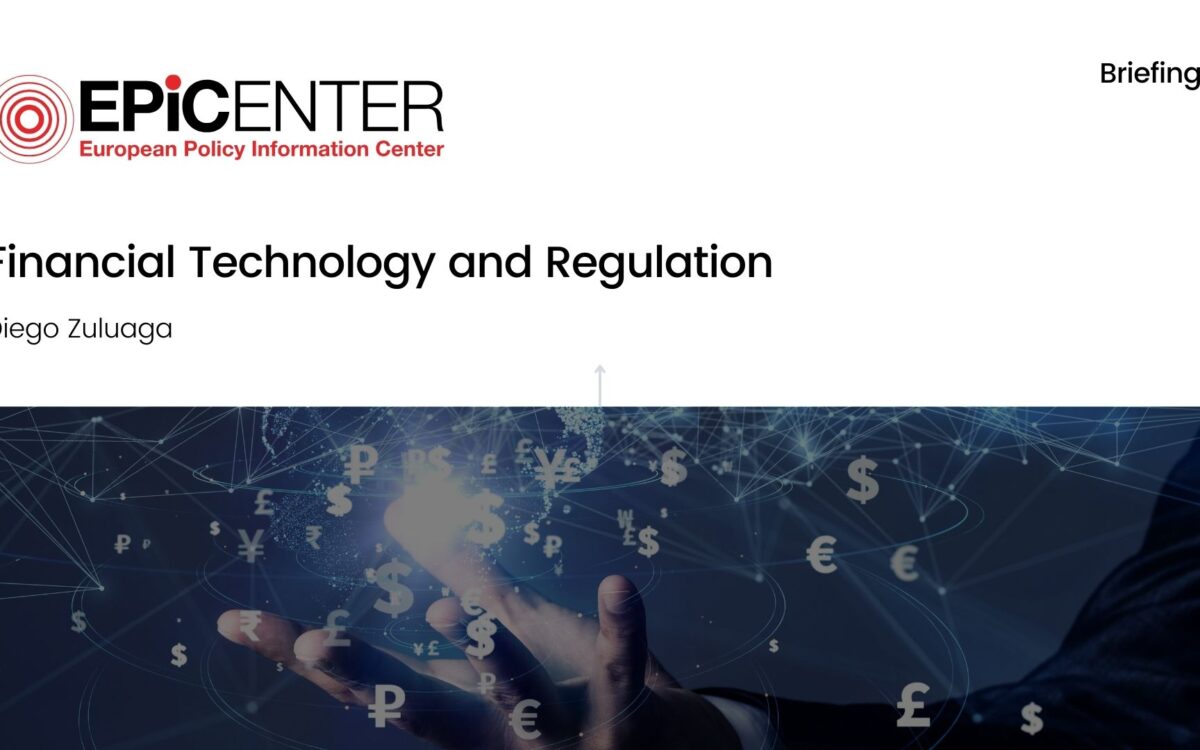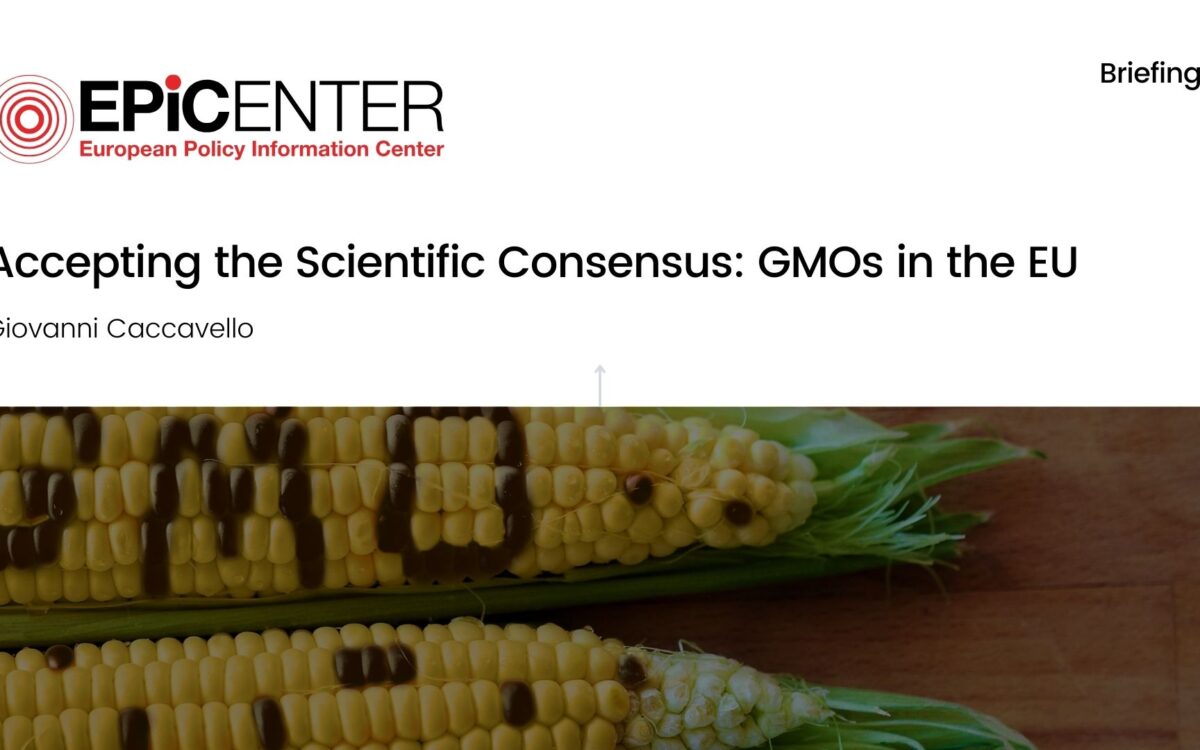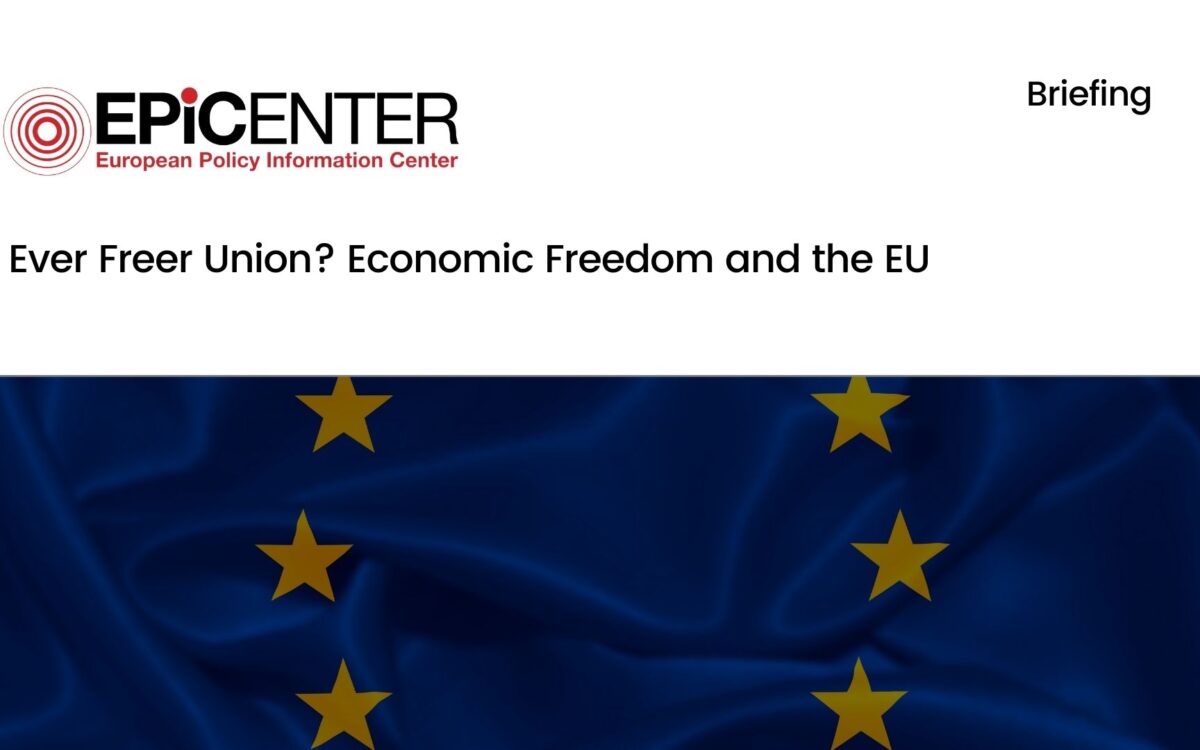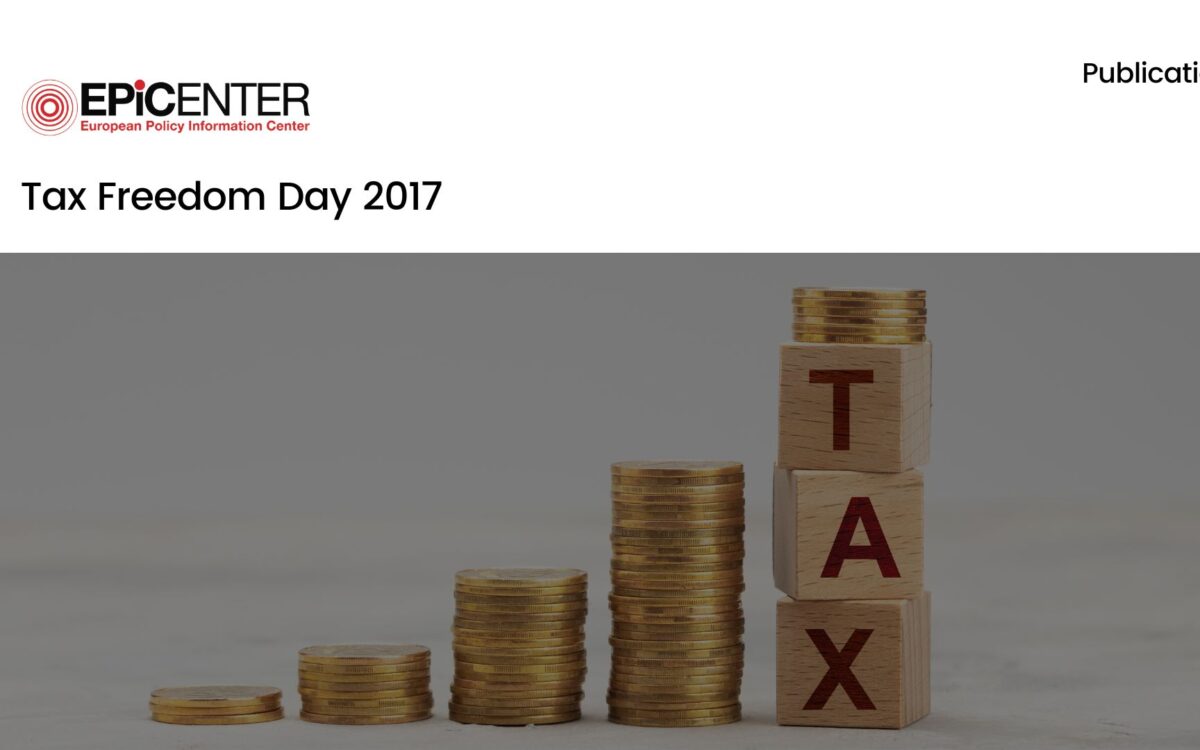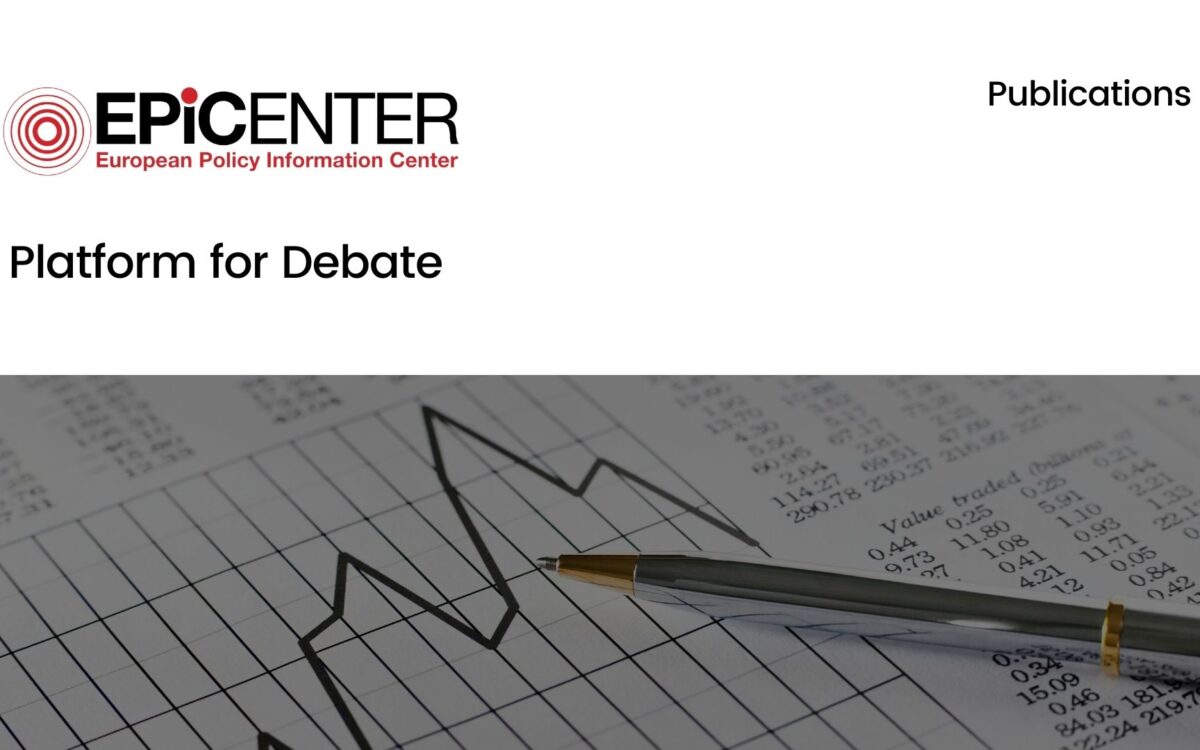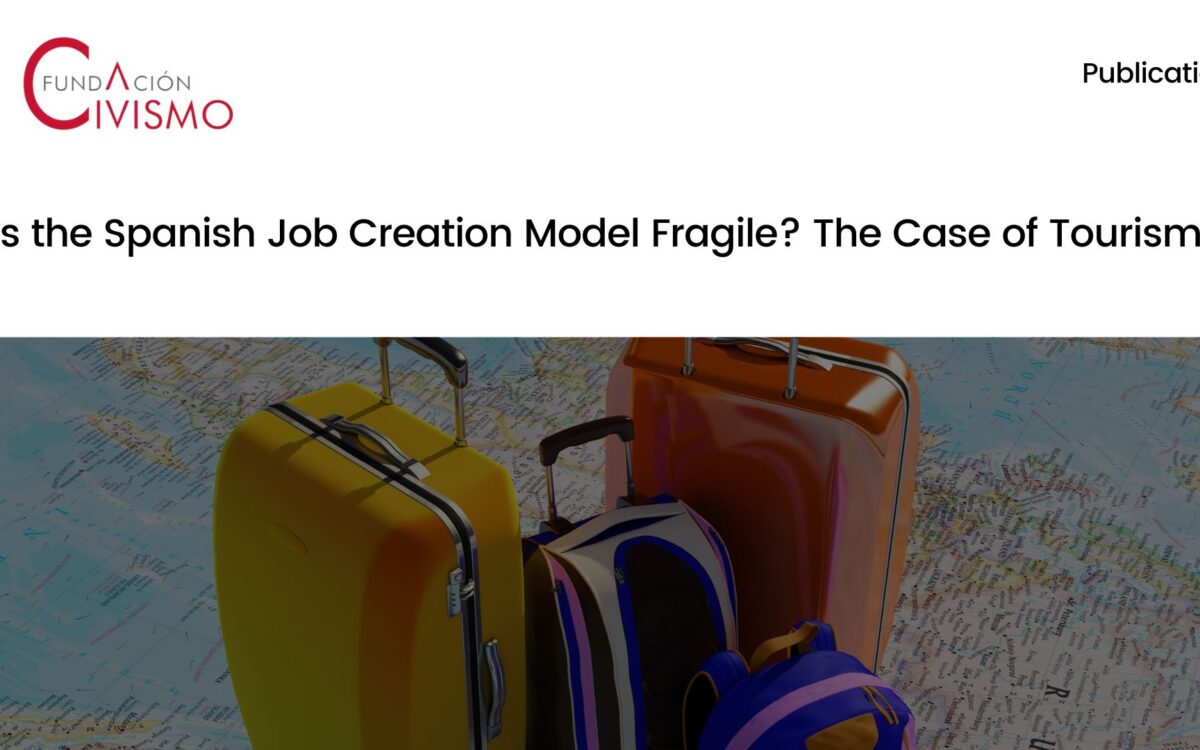December 1, 2017
The 2017 IBL Index of Liberalisations aims to shed light on the degree of openness of the 28 Member States by examining ten different economic sectors. First published in 2007, the Index began classifying all of the 28 EU Member States in 2015.
